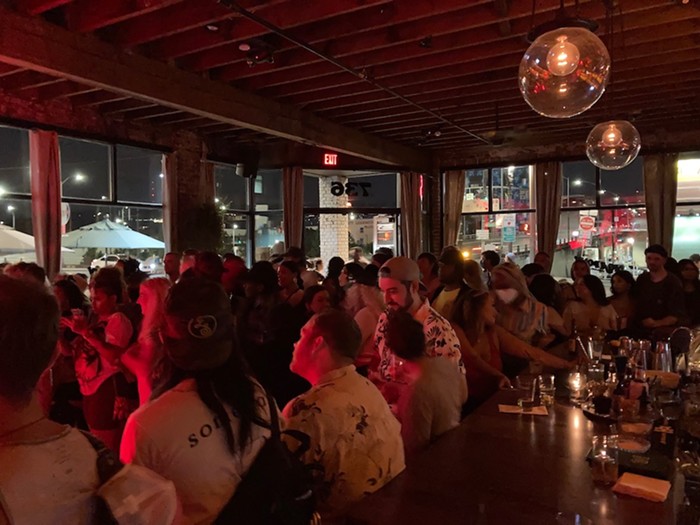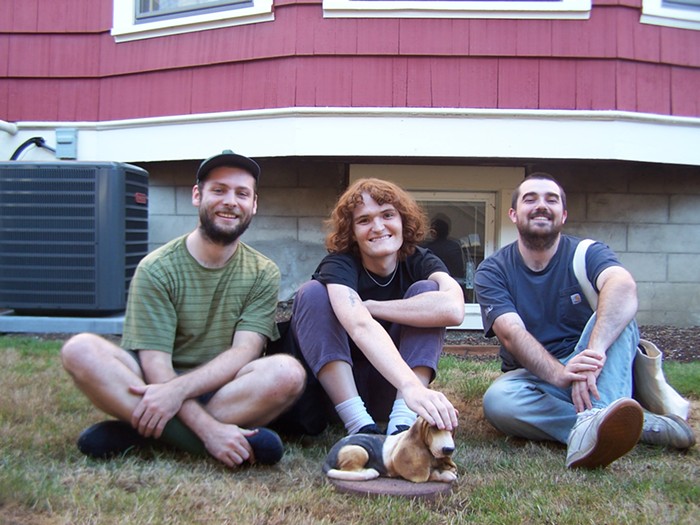THE SHADOW CAST by Scottish folk guitarist Bert Jansch on the musical world is immense. If you've heard "Black Mountain Side" on the first Led Zeppelin album, you've heard Jansch. He wrote an arrangement of the traditional folk song "Blackwaterside" and included it on his 1966 album Jack Orion—an arrangement that Jimmy Page stole, part and parcel, then renamed and passed it off as an original composition. Or if you've heard the acoustic opening riff of Neil Young's 1974 bummer epic "Ambulance Blues," it's identical to Jansch's "Needle of Death."
The good news is that Jansch has received acknowledgement from those he influenced. Among countless others, Johnny Marr has gone on record proclaiming the importance of Jansch's guitar style to everything that's come after. And Neil Young has been outspoken in his admiration of Jansch, asking him to play his annual Bay Area benefit concerts for the Bridge School in 2006; Jansch also just finished opening for Young's shows in May and early June. Meanwhile, on this leg, Jansch's opening act is Young's wife, Pegi, whose band is made up of many of her famous husband's longtime sidemen. The current crop of indie folk musicians has also anointed Jansch, and his 2006 album The Black Swan—released by Drag City—featured the likes of Devendra Banhart, Beth Orton, and members of Espers.
I ask Jansch if he felt like it took a long time to finally get his due. "Well, the thing that I've noticed is that it all depends upon yourself, really. I don't go out of my way to seek these things. I just carry on," he laughs. "With blind faith, I carry on. And, you know, I love playing. [Any kind of recognition] is entirely out of the realm of the music. Although I'm very honored by what other people have said."
Perhaps part of it is due to the cyclical nature of folk music—and of music in general, in which certain styles fall out of fashion, then return to prominence later. "That does happen with folk music, which is where I started," Jansch says. "The folk world tends to be on a folk-club level, which shifts itself: The clubs come and then they go. And you get periods where the clubs are very, very active. It rides underneath the popular music side of things. And occasionally it'll rise to the surface."
Meanwhile, this current tour is the result of a very fortuitous turn of events. Jansch suffered a serious health scare last year, and was forced to cancel a long string of concert dates due to a tumor in his lung. "But since then, the treatment has gone well," he says. "I'm in full remission. It's fantastic. Although I'm definitely a bit breathless."
Jansch suggests he may play again with Pentangle, the influential British folk band he was a part of in the late '60s and early '70s, and who reformed for a UK tour in 2008. In the meantime, Jansch is working on a new batch of songs, some of which may deal explicitly with his health scare. "I've been slowly hammering away at a few songs," he says. "It's much more blues oriented, the songs I've written so far. And they will be about what I've been up to in the past year. I always write from my own point of view. But it will be leaning toward the blues. It's just how each song turned out."



















